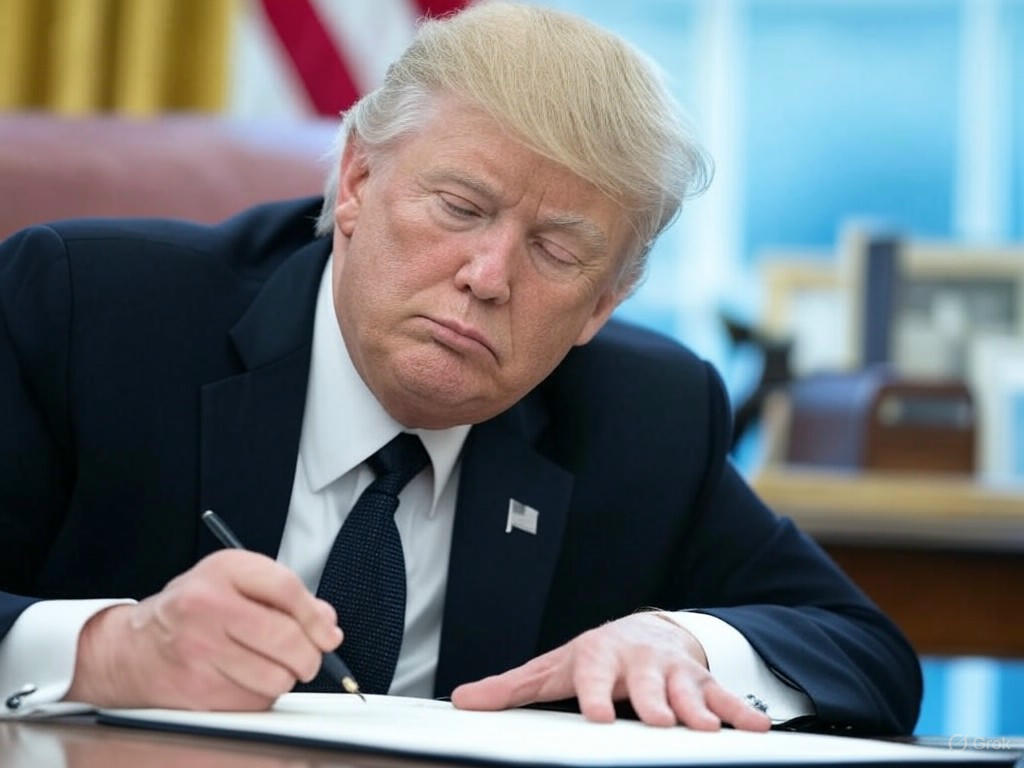Trump’s Travel Ban Sparks Global Debate Over Security and Rights
In a bold move that has reignited discussions on national security and human rights, former President Donald Trump, now back in the spotlight, has signed a proclamation imposing travel restrictions on citizens from 12 countries. Announced on June 6, 2025, this decision has sent ripples across the international community, drawing both sharp criticism and cautious support. The policy, aimed at bolstering security measures, targets nations that the administration claims pose potential risks due to inadequate vetting processes or geopolitical instability. While specific details about the affected countries remain undisclosed in initial reports, the proclamation underscores a renewed focus on stringent border control.
The timing of this ban comes amidst heightened global tensions and a polarized political landscape in the United States. Supporters argue that such measures are a necessary step to protect national interests, especially in an era marked by evolving threats. They point to past incidents where lax immigration policies allegedly contributed to security breaches, asserting that preemptive actions like this are critical for safeguarding citizens. On the other hand, critics have been quick to denounce the policy as discriminatory and shortsighted. Advocacy groups and human rights organizations have raised concerns about the potential for profiling and the impact on innocent families seeking refuge or opportunities. Many fear that the ban could strain diplomatic relations with the affected nations, further complicating international cooperation on pressing issues like counterterrorism and trade.
Beyond the political arena, the travel ban is already affecting countless individuals. Stories are emerging of students, workers, and families caught in limbo, unable to reunite with loved ones or pursue their dreams in the U.S. Social media platforms are abuzz with personal accounts of frustration and uncertainty, highlighting the human cost of such sweeping policies. Meanwhile, legal experts predict a wave of challenges in the courts, as opponents gear up to contest the proclamation’s legality and scope. Past travel bans under Trump’s administration faced significant pushback, with several being partially overturned or revised due to constitutional concerns. Whether this latest policy will withstand scrutiny remains to be seen, but it is clear that the debate over security versus inclusivity is far from settled.
As the world watches, the broader implications of this travel restriction are coming into focus. It serves as a reminder of the delicate balance between protecting a nation and upholding the values of freedom and fairness. For now, the proclamation has set the stage for a contentious battle, one that will likely shape public discourse and policy for months to come. The question remains: can a policy born out of caution avoid becoming a barrier to compassion? Only time will tell, but the voices on both sides are louder than ever, demanding to be heard in this pivotal moment of global and national reckoning.


